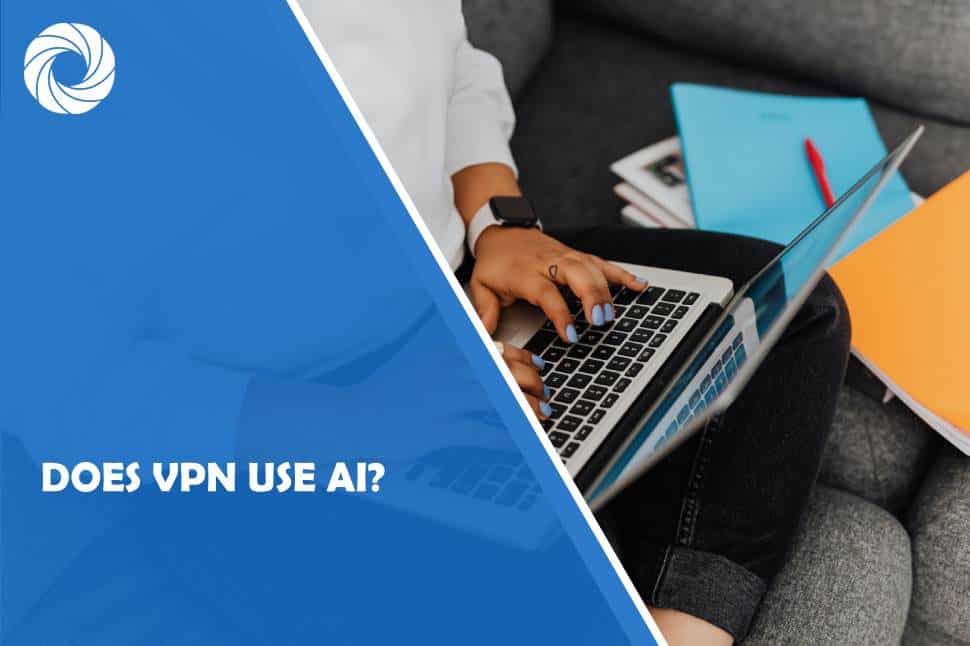Virtual Private Networks (VPNs) have become integral tools for safeguarding online privacy and security. As technology evolves, so does the sophistication of VPN services. One notable development is the integration of Artificial Intelligence (AI) into VPNs, enhancing their capabilities and providing users with a more intelligent and secure online experience. This article explores how VPNs use AI and the benefits it brings to users.


AI is the simulation of human intelligence processes by machines, enabling them to perform tasks that typically require human intelligence. In the context of VPNs, AI is employed to optimize various aspects of the service, ranging from connection speed to threat detection.
How VPNs Utilize AI
1. Optimizing Server Selection
VPNs with AI capabilities can analyze server performance, load, and other variables to recommend the best server for a user's needs. This results in improved connection speed and stability.
2. Dynamic Routing
AI-driven VPNs can dynamically route traffic based on real-time analysis of network conditions. This ensures that data takes the fastest and most secure path, optimizing the user's browsing experience.
3. Enhancing Security
AI algorithms can detect patterns of malicious behavior and potential cyber threats. By analyzing network traffic, AI-equipped VPNs can identify and block suspicious activities, providing an additional layer of security.
4. Adaptive Encryption
AI can adapt encryption protocols based on the type of data being transmitted and the user's preferences. This ensures a balance between security and performance.
5. Anomaly Detection
AI-powered VPNs can identify unusual patterns in network traffic that might indicate a security breach or unauthorized access. This enables rapid response to potential threats.
6. Predictive Analysis
AI can predict potential network issues or slowdowns and take proactive measures to prevent them, ensuring a seamless user experience.
Benefits of AI in VPNs
1. Enhanced Security
AI's ability to detect and respond to threats in real-time significantly boosts the security of VPN connections. It adds an extra layer of defense against cyberattacks and data breaches.
2. Optimized Performance
AI-driven VPNs provide a better user experience by intelligently routing traffic, optimizing server selection, and adapting encryption protocols to ensure both speed and security.
3. User-Focused Experience
AI-equipped VPNs can learn from user preferences and habits to provide tailored recommendations and settings. This personalized approach enhances user satisfaction.
4. Efficient Troubleshooting
Predictive analysis and anomaly detection capabilities of AI can identify potential issues before they become significant problems, allowing for quicker resolution.
5. Adaptive Encryption
AI's ability to adjust encryption protocols means that users can benefit from both robust security and efficient data transmission, catering to their specific needs.
6. Staying Ahead of Evolving Threats
As cyber threats become more sophisticated, AI-equipped VPNs can adapt and evolve to counter emerging risks effectively.
The integration of AI into VPNs represents a significant advancement in both privacy and intelligence in the digital age. By leveraging AI's capabilities, VPNs can optimize connection speed, enhance security, and provide a user-focused experience. As the cybersecurity landscape continues to evolve, AI-driven VPNs are well-equipped to address emerging threats and challenges, ensuring that users can browse the internet securely and efficiently. As consumers seek more comprehensive online protection, the fusion of AI and VPN technology is poised to play a pivotal role in safeguarding their digital lives.
